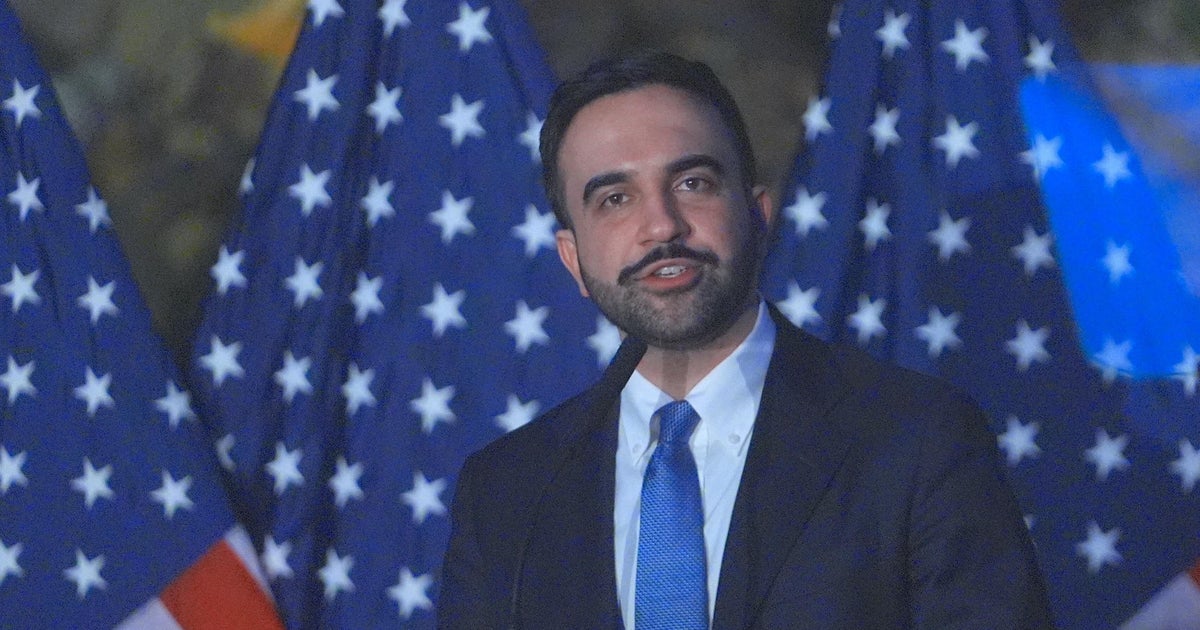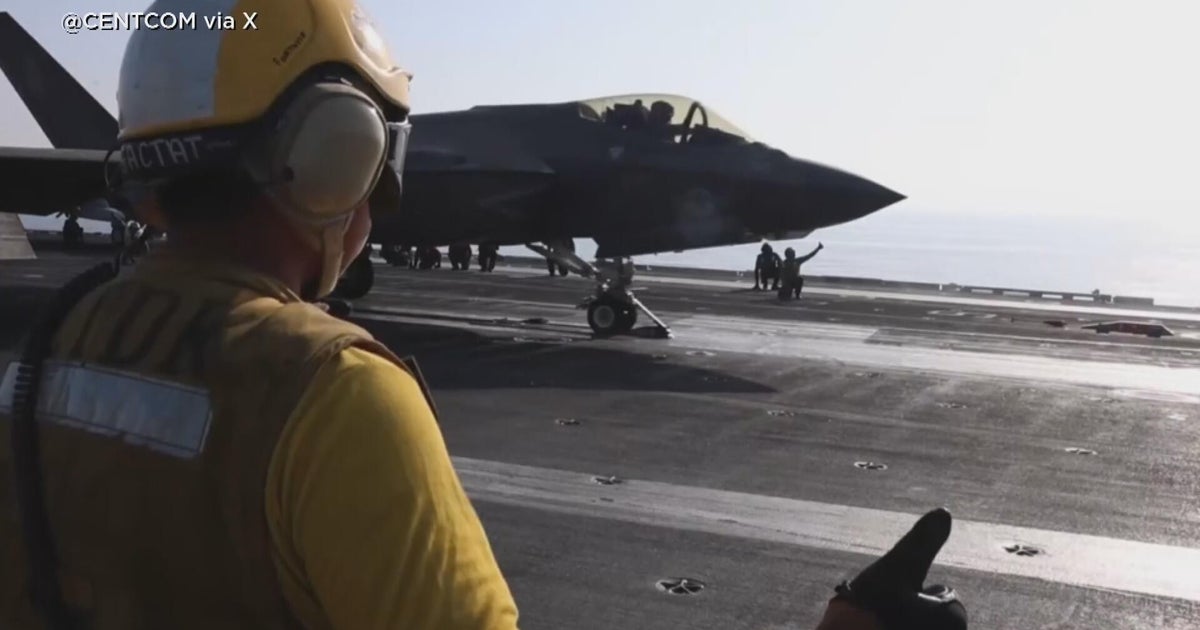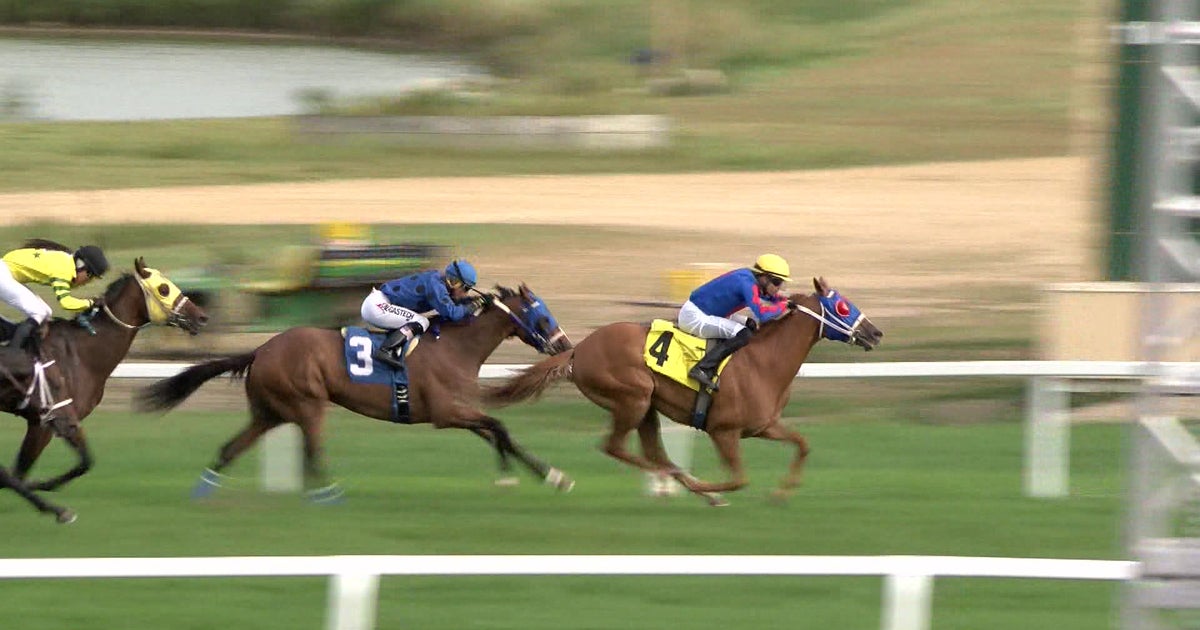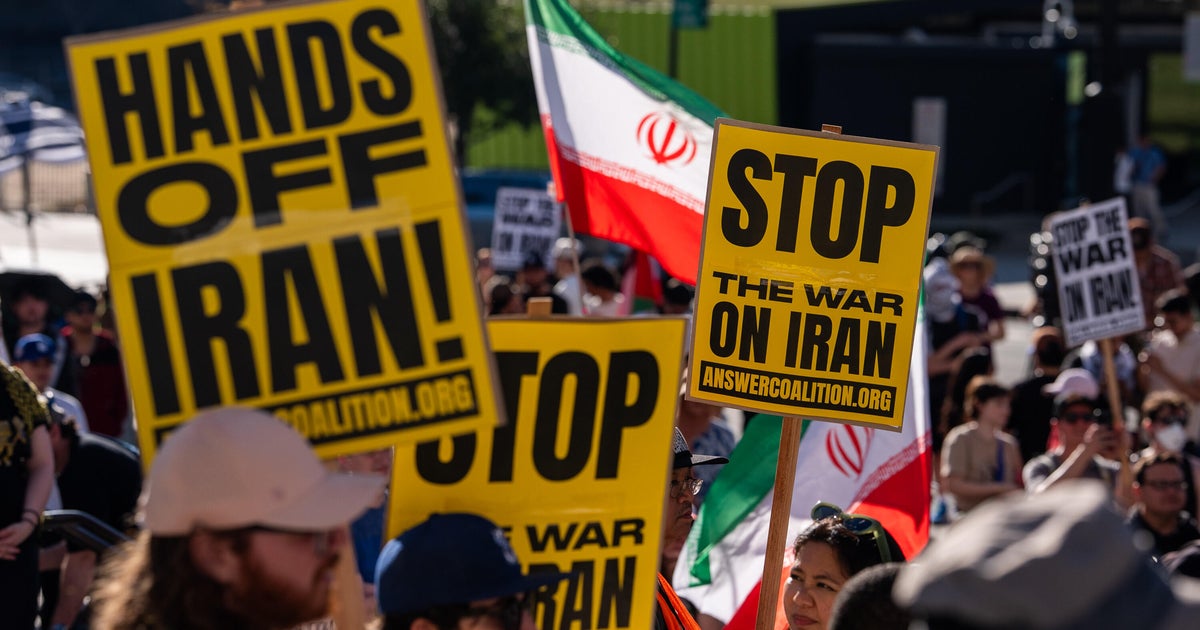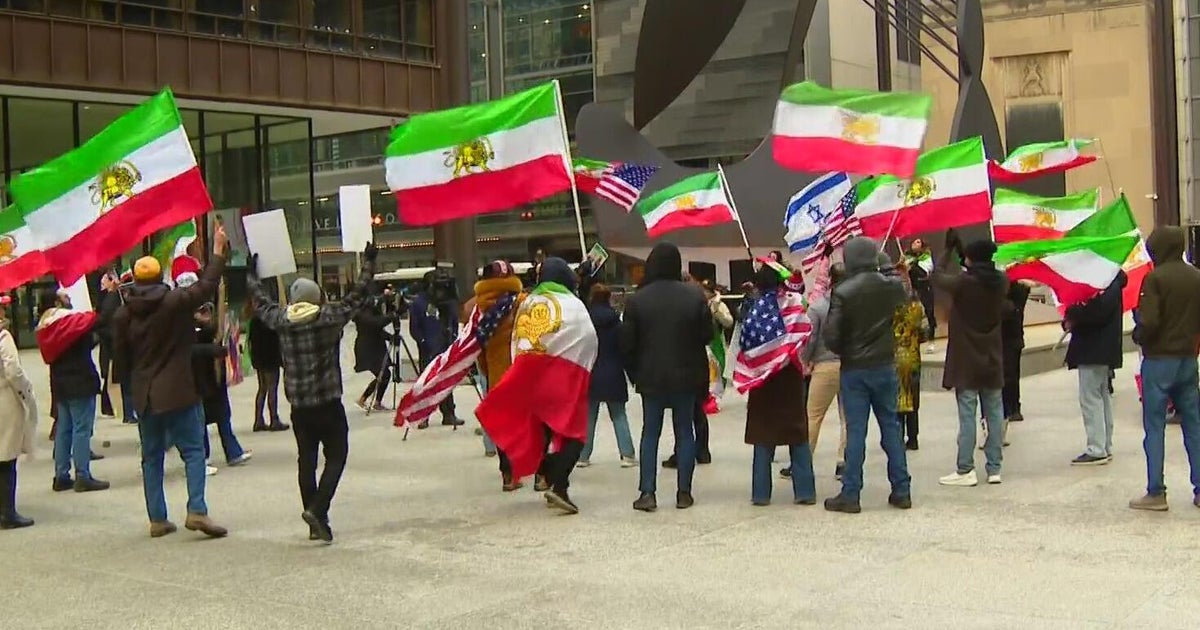Giglio: Mariano Rivera Was The Exception To So Many Rules
By Joe Giglio
» More Columns
Yankees closer Mariano Rivera is expected to announce his impending retirement at a press conference in Tampa on Saturday morning.
When Rivera speaks to the press at 10 a.m. on Saturday, he will embark on the closing chapter of a storied, Hall of Fame career. Over the course of nearly 20 years, Rivera's dominance has only been trumped by one thing: His ability to be the exception to the rule in so many athletic instances.
It would be easy for any fan, expert, writer or casual observer to write a column on the greatness of Rivera on the mound. A quick look at Baseball-Reference.com is eye-opening. The career earned run average of 2.21 is remarkable. Pitching in 1,051 games -- and counting -- is legendary. Saving 608 games is something that will likely never be topped. While the regular season numbers are great, it's the postseason accolades that have always separated Rivera from his peers. When a championship was on the line, the Yankees had the biggest weapon in the sport.
Beyond the sheer numbers, Rivera defied logic. Baseball, especially pitching, usually holds certain time-tested narratives when it comes to defining careers: Longevity, repertoire, value and signature moments. In all four categories, Rivera went against the grain.
Very few pitchers -- starters or relievers -- can hold up for 18 big league seasons. The wear and tear on the arm is too great to withstand an unnatural motion for that many years. In some ways, performing as a starting pitcher can be less taxing over a long period of time. Although the inning and pitch count are far greater, an older starting pitcher can wisely use the time between starts to rest, conserve energy and find the stamina for 30-40 appearances over the course of six to seven months. On the other hand, a high-leverage relief pitcher never truly knows when or how he'll be used. Constant preparation and work is necessary to the job. The fact that Rivera has thrown in more than 1,000 games is a testament to his preparation as much as his ability.
Baseball fans will often hear that young pitchers are being sent down to the minor leagues to work on "secondary" pitches to complement their fastball. The idea of this is simple: Having only one "go-to" pitch will make it far too easy on an opponent. As good as that pitch may be, major league hitters are good enough to hit anything if they know what's coming.
Except Rivera's cutter, of course.
One pitch. Batter after batter. Game after game.
It's never been just the movement or just the velocity or just the pinpoint accuracy. It's been a combination of the three for nearly two decades. Every pitcher seems to "lose their arm slot" a few times per season. Can you ever recall Rivera going through one of those extended slumps?
In the eyes and o baseball's sabermetrics community, there is almost never an instance where a good relief pitcher is more valuable than good a starting pitcher. Simply put, the idea is logical. What is more valuable during a season from a pitcher: 200 innings pitched or 75 innings pitching? Ask any general manager, SABR member or clear-thinking fan the following question and there's likely only one answer: 200 IP trumps anything a reliever can provide in one or two inning increments.
Rivera's dominance, preceded by the great Dennis Eckersley and the very good Lee Smith, has led to a closer revolution in the sport. They are overpaid, overrated and relied upon far too greatly.
But if there's one closer who consistently was more valuable than All-Star level starting pitchers, it was Rivera. His ability to go multiple innings, thrive in the big moment and literally scare opposing teams changed the way Joe Torre managed in the dynasty years. Bob Watson and Brian Cashman built championship teams from the back forward. Wins Above Replacement is a metric weighed heavily towards innings pitched, yet Rivera's 52.7 career mark ranks above Whitey Ford, Johan Santana, Orel Hershiser, Dwight Gooden and Jack Morris. Rivera provided more value to the Yankees in thousands of less innings than those former great starters.
But perhaps the most unique exception to the rule that Rivera provided during his career will be the moments he'll be remembered by. Unlike nearly every other great in sports history, Rivera will mostly be remembered by the rare occasion that he failed. Think about your memories of Rivera. Try to pick out his three or four most memorable, difficult saves. Outside of standing on the mound to close out the World Series clinchers in '98, '99, '00 and '09, moments of his individual success don't stand out. They became routine and monotonous. Pressure breezed past him, limiting your heartbeat and memory of the moment.
Instead, the few Rivera failures are easier to recall. There was Sandy Alomar taking him the opposite way in Jacobs Field during the '97 ALDS and Luis Gonzalez breaking his bat and the Yankees' dynasty in Arizona in '01. There were Games 4 and 5 of the '04 American League Championship Series, specifically Dave Roberts' stealing second base and scoring the tying, series-changing run. And, of course, there were the annual two-week slumps each season when the fan base questioned if Rivera is "done."
Rivera wasn't just the best closer in the history of baseball. His ability to defy logic for 18 seasons makes him one of the most unique athletes of all-time.
Joe Giglio was the winner of Fantasy Phenom III in 2012. You can hear him on WFAN this Saturday from 1-3 a.m. Twitter? He's on it @JoeGiglioSports.
Where do you rank Mariano Rivera among the greatest pitchers in the history of the game? Sound off with your thoughts and comments below...
